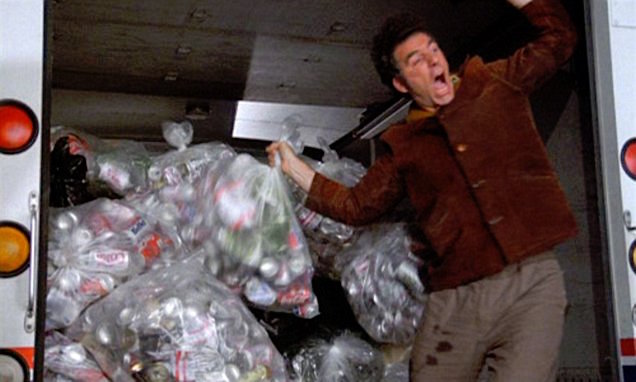
Aussies are sending 67 million tonnes of waste to landfill a year. Sorry, it’s a pretty grim statistic, but unfortunately, the truth is confronting.
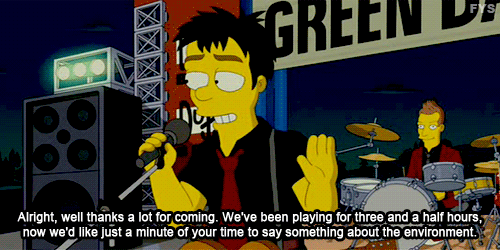
Recycling is one of the easiest ways we can ease our environmental footprint – we were literally taught how to freaking do it in kindy.
According to Brisbane City Council, during 2018 and 2019, 90,000 tonnes of paper, cardboard, glass, plastic and metal were collected and recycled from Brisbane households.
Unfortunately, an additional 53,000 tonnes of recyclables were sent to landfill because they were placed in the wrong bin – it’s pretty clear we all need to brush up a little on our recycling knowledge.
In theory, it seems simple – cardboard can be smashed to a pulp and used again, clear plastic Thai takeaway boxes are a go (if there aren’t remnants of Pad See Ew lurking), but considering the sheer volume in which our recycling attempts are heading to landfill, you might want to brush up on just how the process works.
So, to get you living your most sustainable life, here’s a guide on how to discern what can and can’t be recycled.
Your Old Fits That Don’t Quite Drip Anymore
Aussies are dumping 6,000 kilograms of clothing in landfill every 10 minutes. In the time it took you to scroll through approximately 40 TikTok videos, tonnes of your old threads were sent to a dump to either decompose at a snail pace or sit there for eternity (if they’re synthetic), slowly tarnishing the Earth’s natural beauty.
It’s so important to remember no textiles can be recycled in your yellow top bin – this isn’t just limited to clothes, but rags, curtains, linens and mats too. If they’re still in decent condish, donating to a charity OP shop is always a good option, or, if you’re looking to score some side dosh, hitting a re-sell app could be your vibe too.
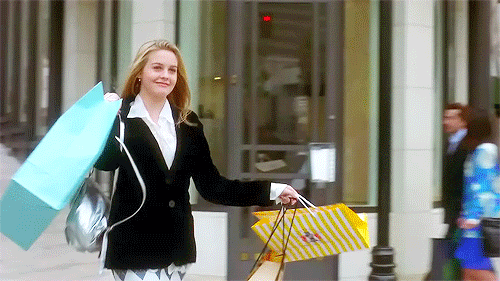
Unfortunately, if there’s absolutely no salvaging your beloved Year 12 Graduation shirt, then ensure you place them in your regular rubbish bin.
Although the yellow bin doesn’t want your old clothes, there are a variety of retailers and services available that specifically repurpose and break-down old fabrics. There should be a variety of options in your local area to dispose of your old fabrics correctly, with plenty of websites like Planet Ark available to guide your environmentally friendly moves.
Your Plastic Shopping Bags
Look, this one may seem obvious, but apparently there are plenty of you who haven’t gotten the memo yet – your soft, plastic shopping bags absolutely cannot go in your recycling bin.
Consider this an amnesty for your past actions.
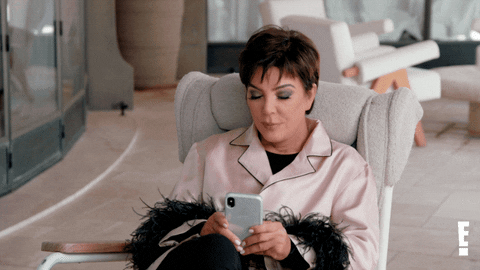
‘Soft plastics’ in general are a strict no-no for your yellow bins – this includes plastic bags, bin liners, zip lock bags, and frozen food packaging. You could be caught up in the habit of placing recyclable materials into a plastic bag, then disposing of them in your yellow bin – it’s way more effective to pop them in individuality.
Whilst a great solution to this issue is to up your use of re-usable bags (there are so many cute totes on offer that could easily up-the chicness of your grocery trip), there are a variety of soft-plastic recycling drop-off places available. Only 3% of Australia’s plastic bags are being recycled properly currently, so we suggest hopping on this ASAP.
Your Empty Chippy Packets (And Other Food Packaging)
Even though we haven’t been driving as much, or attending large-scale events over the last couple of months, we’re still producing a huge amount of waste.
If you’ve been marathoning Animal Crossing sessions with a side of crisps, upping your takeaway orders, or even indulging in a few more sugary treats than normal during quarantine, you’ve unfortunately contributed to the 2.7 million tonnes of food packaging-related waste created by Aussies yearly (soz).
Products like chip packets, cling film and the wrappers from choccies or muesli bars can’t be recycled – your average chip packet can take up to 8 years to decompose, so consider reducing your use of them.
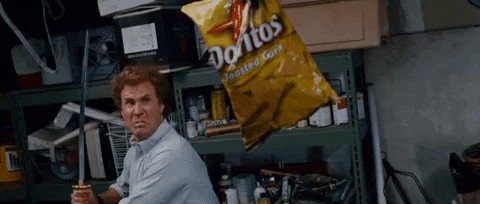
Whilst you’re free to get crafty and use them to whatever your heart desires, things like noodle boxes and cups with waxy exteriors (e.g. like a Macca’s drink cup) need to be kept away from your recycling bin too. Same goes for you regular local-burger store polystyrene containers – it’s a shame these can’t be recycled, considering they take more than 500 years to decompose, so try and steer clear of using them altogether.
On the upside, clear, firm clear plastic boxes are totally recyclable in your yellow top bin, as long as they don’t contain any food.
If you’re looking to flex your good deed doing now that restrictions are lifting, there are a variety of vendors like Trashless Takeaway and Responsible Cafes that’ll take in and reuse your clean takeaway materials.
Batteries And E-Waste
I have a small inkling that this was maybe one of the prevailing messages underrated Pixar-gem Wall-E was trying implant into the Gen Z youth.
Australia, on whole, produces 700,000 tonnes of e-waste a year – this includes computers, televisions, old phones and pretty much any electronic device that gets tossed into landfill to slowly mutate into an all-powerful metal-monster that seeks revenge on humanity, or something like that.
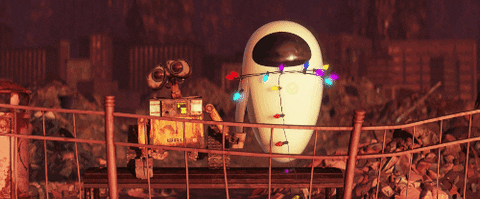
Brisbane City Council offer up Resource Recovery Centres to their citizens, which take in e-waste and batteries for free to properly recycle them. Upon arrival, you’ll need to let staff know that your recycling load includes e-waste, as well as separate your materials to ensure everything is disposed of properly.
Retailers like Battery World, Officeworks and ALDI also take in battery waste, as well as e-waste like mobile phones, so there’s literally no excuse.
Your Childhood Toys That Need To Be Let Go Of
If you’re thinking of finally cutting ties with your childhood toys to declutter, it’s best to steer clear of your recycling bin.
ABS plastics (that bendy stuff toy dolls are generally made of), silicone, and rechargeable batteries – all the materials generally used to make children’s toys aren’t recycling bin friendly. There’s probably a traumatic Toy Story-esque goodbye ready to take place, so we’ll give you a minute.
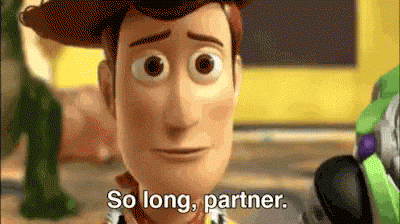
If you’re still unsure as to what to do with your waste, Brisbane’s Bin and Recycling app has a search feature which will literally tell what is recyclable in Brisbane and, will ping you when bin day comes around.



